Discover and read the best of Twitter Threads about #SR15
Most recents (8)
Can we talk about the global "we"?
"We" is a big word in climate discourse. Just today I've seen a number of responses to #SR15 that use it, as in "we're fucking this up."
I'm here to say that this "we" is a fictional construct: ideological, obfuscatory, and dangerous.
1/n
"We" is a big word in climate discourse. Just today I've seen a number of responses to #SR15 that use it, as in "we're fucking this up."
I'm here to say that this "we" is a fictional construct: ideological, obfuscatory, and dangerous.
1/n
Who is this "we"? Does it include the nearly one billion people who live on less than 2 dollars a day?
worldbank.org/en/topic/pover…
2/n
worldbank.org/en/topic/pover…
2/n

Does it include the +/- 5.5 billion people who live on between 2-10 dollars a day?
oxfam.org/en/even-it/5-s…
3/n
oxfam.org/en/even-it/5-s…
3/n
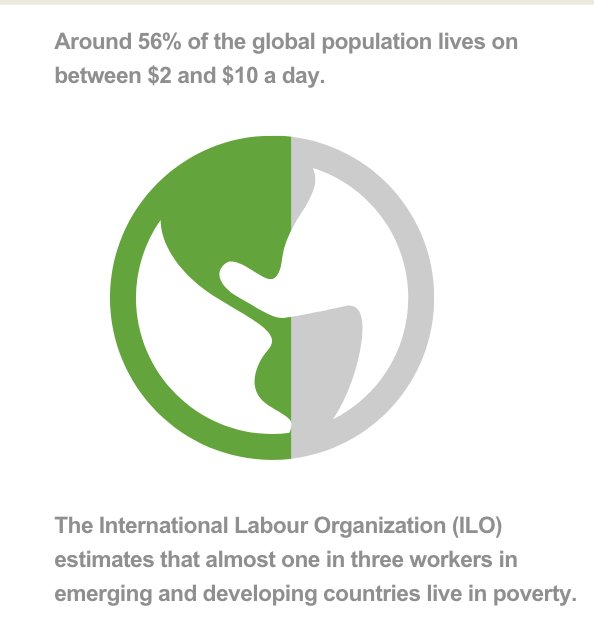
1/10 Last night @IPCC_Ch released #SR15 - this report should shake any lingering complacency, delay, and denial out of every country, and spur us all to action. #IPCC #SR15 ipcc.ch/report/sr15/ @IPCC_CH
2/10 Slashing carbon pollution in 10 years & essentially eliminating it by 2050 is the century-defining challenge. One that demands we revisit the terms of the discussion for what it means to address #climatechange. #IPCC #SR15 wapo.st/2zYnGOw @chriscmooney @brady_dennis
3/10 Given the threat our planet faces, one step we must take is to end technology tribalism in picking how we cut emissions. #IPCC #SR15
interactive.carbonbrief.org/impacts-climat…
@CarbonBrief
interactive.carbonbrief.org/impacts-climat…
@CarbonBrief
1/ What role for natural gas in a 1.5⁰C world?
Some reflections from the new #IPCC #SR15 report:
(thread)
Some reflections from the new #IPCC #SR15 report:
(thread)

2/ A reminder: natural gas currently accounts for 20% of global energy emissions and is the world’s fastest growing fossil fuel. In the IEA’s current policies scenario, gas demand could increase by ~50% by 2040.
How far is this from a 1.5⁰C pathway?
How far is this from a 1.5⁰C pathway?
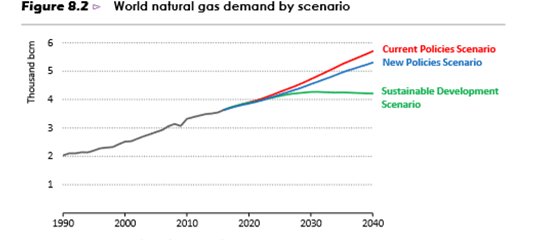
3/ With coal, the IPCC message is simple: stop burning it. The IPCC pathways show a reduction in coal in primary energy use of 59-78% by 2030, compared to 2010. By 2050 it falls 73-97%.
Too lazy to read our 30 page Summary For Policy Makers and report? Well here it is in tweets @IPCC_CH (1/n) where n is likely greater than 10 and less than 30 - now trying to thread them together - #twitterincompetence : real thing is here ipcc.ch/report/sr15/ 

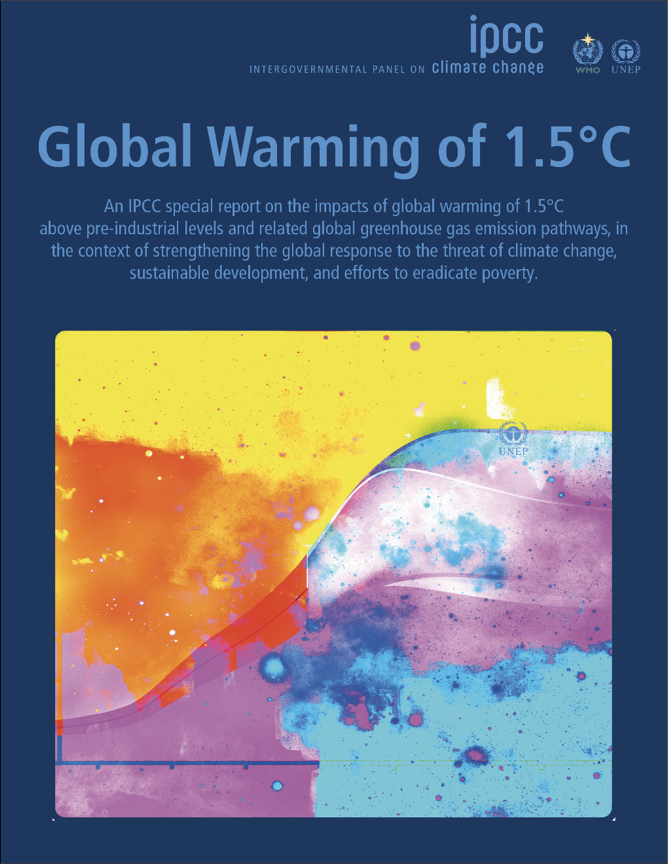
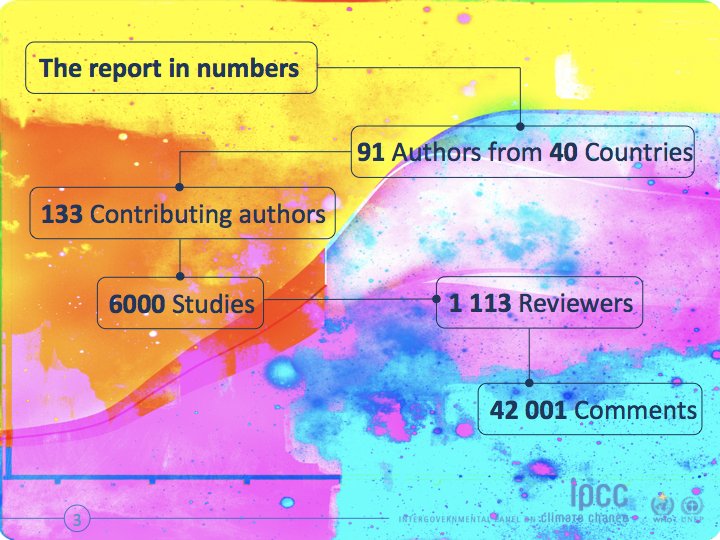
Steeling myself with a strong coffee to sit down and read major new report on avoiding dangerous #climatechange (@IPCC_CH #SR15, available here: ipcc.ch/report/sr15/). My takes to follow (1/n)
As always, the #peerreview effort by @IPCC_CH is Herculean. A couple hundred volunteer scientists read & cited 6,000+ studies to support conclusions w/ evidence. Responded to 42,001 comments in 3 rounds of review. The most robust process there is to establish scientific consensus 

Now, this #SR15 report title is descriptive, but doesn't exactly roll off the tongue... 

This morning (Korean time), @IPCC_CH’s Special Report on keeping global warming below 1.5°C was published. You find its Headline Statements here: report.ipcc.ch/sr15/pdf/sr15_…
Thread:
Thread:
“Global warming is likely to reach 1.5°C between 2030 and 2052 if it continues to increase at the current rate.”
That’s what would probably happen if we keep global emissions flat. It already gives a sense of how fast we should reduce emissons to stay below 1.5°C.
That’s what would probably happen if we keep global emissions flat. It already gives a sense of how fast we should reduce emissons to stay below 1.5°C.
Even global warming of 1.5°C would result in more hot temperature extremes in most inhabited regions, heavier precipitation in several regions, drought and precipiation deficits in some regions. But less so than 2°C.
1. These are today's emissions and top emitters. We included this graphic for a reason. #SR15 washingtonpost.com/energy-environ… 
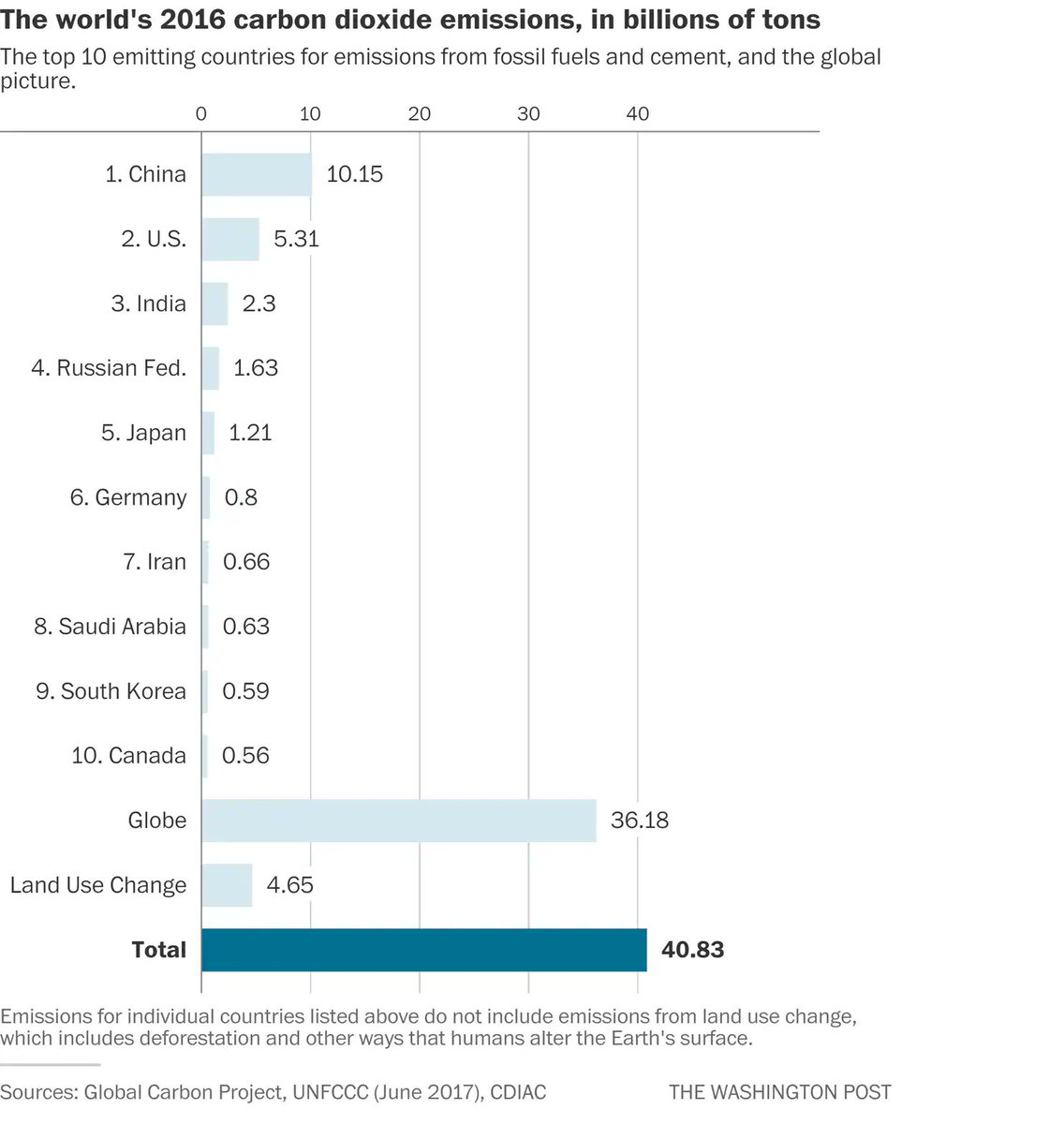
2. As we put it, in order to hold warming to 1.5C, "overall reductions in emissions in the next decade would probably need to be more than 1 billion tons per year, larger than the current emissions of all but a few of the very largest emitting countries." @brady_dennis
3. So, most of these countries. We'd have to cut emissions every year by more than most of these countries emit annually. That is the scale of what is being talked about.
THREAD (to get you prepared for the #IPCC Special Report on 1.5°C #SR15)
What are the origins of 1.5°C?
cicero.oslo.no/en/understandi…
What are the origins of 1.5°C?
cicero.oslo.no/en/understandi…
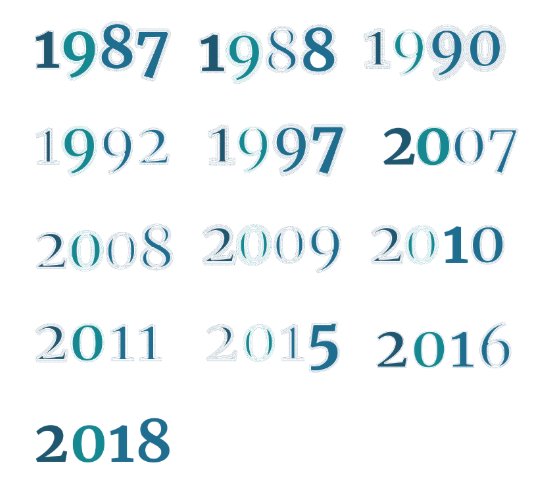
1987: President of the Maldives: "We know, & yet we keep delaying action. The time for just talking is over."
1988: James Hanson testified "99% confidence"
1988: The #IPCC is born
1990: IPCC First Assessment Report (FAR)
1990: Alliance of Small Island States (AOSIS)
1988: James Hanson testified "99% confidence"
1988: The #IPCC is born
1990: IPCC First Assessment Report (FAR)
1990: Alliance of Small Island States (AOSIS)
1992: UNFCCC "to prevent dangerous anthropogenic interference with the climate system"
1997: Kyoto Protocol
2007: Bali Road Map gives new hope
2008: A limit well below 1.5°C (Tuvalu, AOSIS)
2008: 1.5°C to stay alive
2009: Copenhagen Accord enshrined 2°C in climate politics
1997: Kyoto Protocol
2007: Bali Road Map gives new hope
2008: A limit well below 1.5°C (Tuvalu, AOSIS)
2008: 1.5°C to stay alive
2009: Copenhagen Accord enshrined 2°C in climate politics

